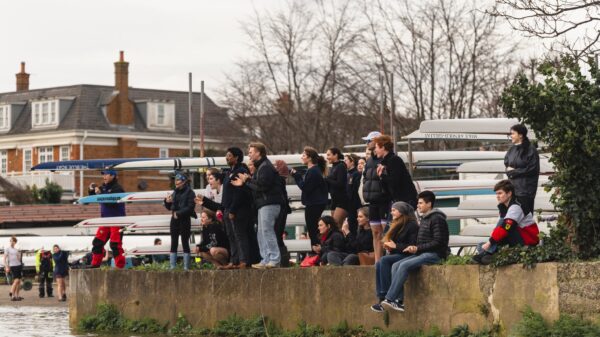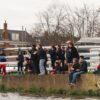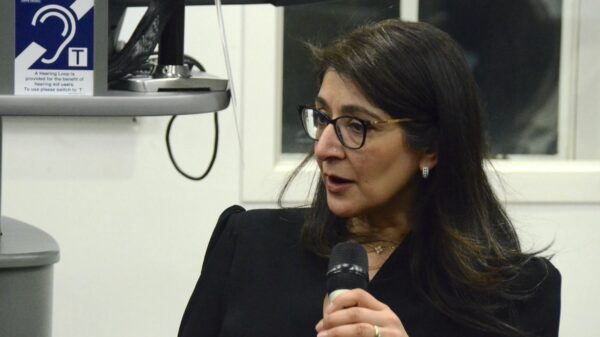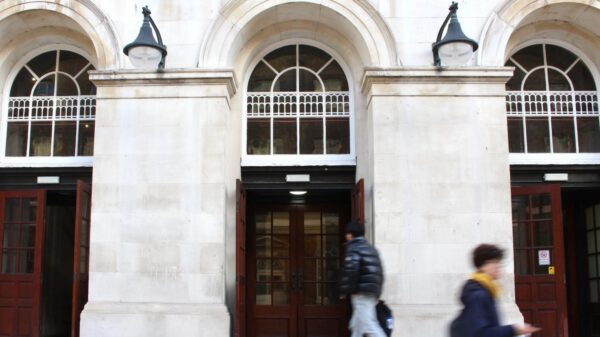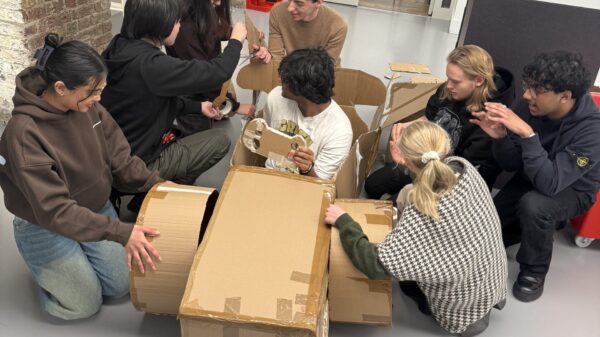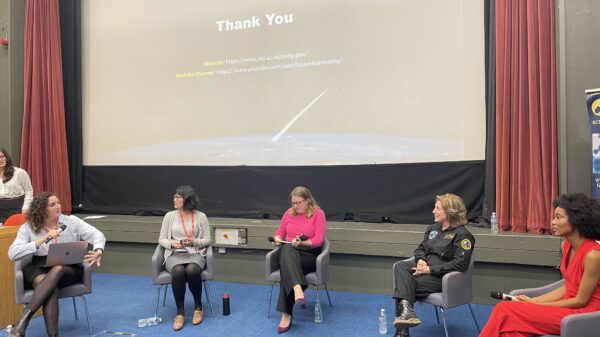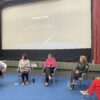Over 70 second-year engineering students at King’s College London (KCL) filled out a complaint form in response to the LGBTQ+ focus of a group project.
This article was originally published in print on 28 November 2024.
The Engineering Design Empowerment Module project, assigned on 16 October, requires students to create a product for LGBTQ+ people, focused on providing education or safe spaces.
The project has resulted in divided opinions amongst the more vocal engineering students. Many voiced dissatisfaction with the module and department, and one student complained about their peers’ reaction towards the LGBTQ+ focus of the module. Most complaints questioned the project’s relevance to engineering.
A student petition, signed by 74 students, was followed by a complaint form. The initial petition claimed the project made some students feel “uncomfortable” due to religious and cultural differences. One student wrote: “It is against my Islamic religious beliefs.” “I feel uncomfortable as I don’t want to choose between succeeding in my academic career and following my religion,” another added.
Additionally, the complaint form received overtly homophobic responses, like “no gay only male and female”.
When speaking to Roar, only one engineering student actively voiced support for the project, claiming their peers’ reactions had “proved the need for the project” and that “the bias in engineering is a genuine concern”. An LGBTQ+ student from a different department described reactions to the project as “indicative of the climate we’re living in” where the community is “used as a political debate”.
Many students told Roar that they felt “continuously ignored” when raising general concerns to the department and further claimed that the department made students feel as if they would “be in trouble” for speaking out against the project.
On 13 November the Engineering Department broadened the project for a group of international students concerned about the political repercussions from their home countries. One student told Roar that they had visited their home country’s embassy over academic and safety concerns regarding their involvement with the project.
The Project
The group project which accounts for 70% of the module grade must contain both a mechanical and electrical component according to the description. It requires students to research and identify challenges facing the LGBTQ+ community, then design, prototype and test an electromechanical product that can survive “extreme conditions” to address these challenges. In previous years, the module’s group project involved building a Mars rover.
The module leader said: “The aim of this module is to help engineering students explore and consider that the products they create will be used by a range of different people – often with different life experiences and challenges to their own. By focusing on a protected characteristic that is historically underrepresented in engineering, throughout this project students will develop their ability to identify the multifaceted and complex problems facing people using the products, and as such create better engineering solutions.”
Members of staff revealed that the Engineering Department initially rejected the project proposal.
When commenting, Alfredo Carpineti, founder of Pride in STEM, stated:
“I believe that the module is a good challenge. As future general and electrical engineers, these students will be asked to develop technologies for groups they are not familiar with.”
Alfredo Carpineti, Founder of Pride in STEM
Complaints
Most official complaints filed against the department argued the topic should have been an elective module allowing students to choose from a “range of underrepresented groups”.
In their complaints, some students deemed the project’s demonstration day, which will include a media presence, as “pushing an agenda” and stated that they thought the University “only accepted this module to prove that it is progressive”.
LGBTQ+ students from other departments described this response as “rooted in prejudices” saying “The only thing that’s shocking is the vast agreement.” One student asked why students felt “the existence of queer people is pushing an agenda”. In his statement to Roar, Carpineti further commented: “Having provided the first seminar for this module, I find it disappointing to hear about this petition.”
“Apparently wanting STEM to be a place where harassment and bullying are no longer commonplace is a step too far for some people,” he added.
Most students said their complaints were directed more at the module’s “mismanagement” than the topic itself. Students claimed the assignment contained “limited options” leading most students to come up with “basically the same idea”. Others commented that they had no issue with the LGBTQ+ focus but felt that “the issues facing the LGBTQ+ community” are “not exactly something that can be solved with electromechanical design”.
Students also took issue with the grading mechanisms. One student said they felt the “ideas presented [are] not marked on an engineering basis”, another said that they felt as if they had to “be aligned with what the professor likes in order to gain marks” and it was “useless to ask the TAs for any help”. A spokesperson for KCL told Roar: “All modules, across all subjects, have clear and robust assessment and marking criteria.”
Other LGBTQ+ students at KCL stated that the project tackled “a valid concern of under-representation in STEM [where] there is a fear of being out in these fields”. They added that students are not “being indoctrinated but just being given the means to try and understand the world a little bit more”.
***



The petition circulated on WhatsApp
“For those that object to the course due to the fact that is related to LGBTQ+ people, I think they should take a stance and refuse to submit the coursework, and lose the marks. Signing that petition is a cowardly way to have their cake and eat it too. Also, they should immediately stop using computers and mobile phones given the contribution that LGBTQ+ people from Alan Turing and Lynn Conway, to the tens of thousands of people working in tech today, have brought to the field.”
Alfredo Carpineti, Founder of Pride in STEM





